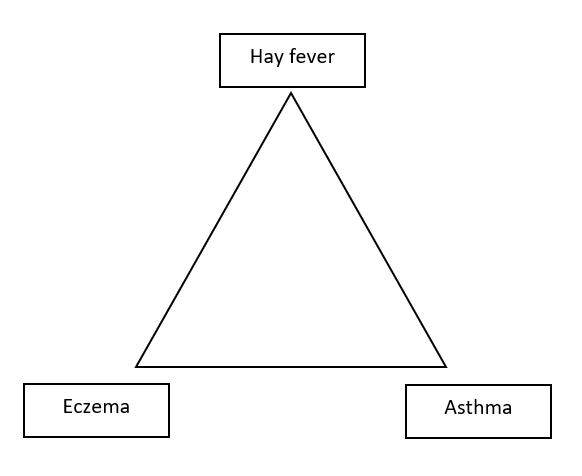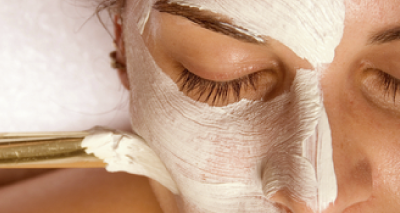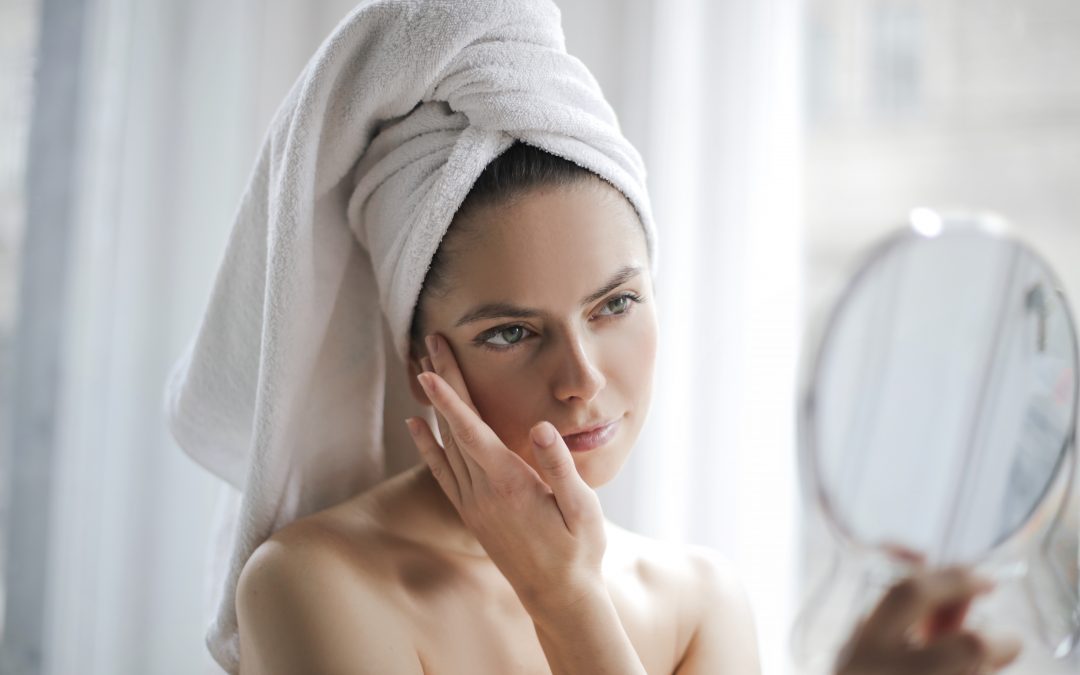If your skin feels tight and flaky, is easily irritated and prone to redness and flushing, chances are your skin is sensitive or sensitised. What’s the difference? Sensitive skin is something you have genetically. Sensitised skin is triggered by external factors such as lifestyle, pollution or dehydration. These environmental conditions impair your skin’s natural barrier and cause sensitivity. Don’t worry – both can be soothed and relieved by learning a bit more about how to care for your skin.
If you’re still not sure if you’re sensitive or sensitised, consider the atopic triad:
 If you suffer from two or more of these, you’re genetically sensitive. If you suffer from one or less, but your skin feels dry, dehydrated or inflamed, then you’re sensitised.
If you suffer from two or more of these, you’re genetically sensitive. If you suffer from one or less, but your skin feels dry, dehydrated or inflamed, then you’re sensitised.
Antihistamines can also cause dehydration, so if you’re a hay fever or asthma sufferer the answer may lie there.
There are three steps to helping sensitive and sensitised skin:
Soothe
Delicate skins tend to be thinner which can cause visible flushing or blushing. Sensitised or stressed skin have hyper responsive nerve endings, resulting in increased redness. These concerns can be soothed with anti-inflammatory products and/or blue LED light therapy. Blue light has anti-inflammatory and anti-bacterial healing properties to help soothe and calm the skin, as well as reduce redness and irritation.
Replenish
A thinner epidermis can easily result in dehydration, where your skin becomes tight with flaky patches. Extreme or changing environmental conditions can cause cracking. Our increased use of hand sanitiser will prove how sensitised our skin can become under different conditions.
Skin can be replenished through a deep, nourishing treatment using masques and restoring the skin’s natural barrier through product layering. When it comes to deciding which facial to have with sensitive skin, the rule is less is more. Less time, less heat, less friction, less product. Perhaps book in for a 30-minute treatment to avoid overstimulation of the skin? Our therapists can still provide a relaxing pressure point massage to relieve stress and inflammation, but with a lighter touch and minimal friction.
Protect
Sensitised skins usually have a compromised barrier. Your skin’s barrier consists of barrier lipids which protect your skin from external triggers. Stripping products or environmental factors can cause a loss of these barrier lipids, resulting in stinging or itchy skin. Eczema and allergy prone skins tend to have a reactive immunity and compromised barrier which causes rashes and irritation.
Choosing products with anti-inflammatory properties which are specifically designed to restore and replenish the skin’s natural barrier will help to protect your skin from environmental triggers. As always, an SPF is recommended. For sensitive skin, a physical SPF is better than a chemical one to avoid overstimulation.

Skin changes are also strongly linked with stress. Stress reduces the recovery rate of skin by 40% and releases enzymes into your skin that create inflammation. Feeling uptight with tight skin? Unwind with a Dermalogica facial with a thorough consultation to address your skin’s needs, as well as provide a relaxing hour of luxury.


Recent Comments